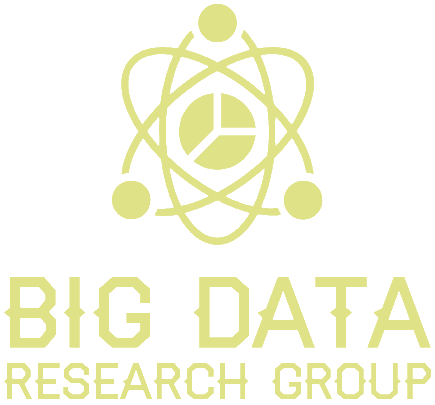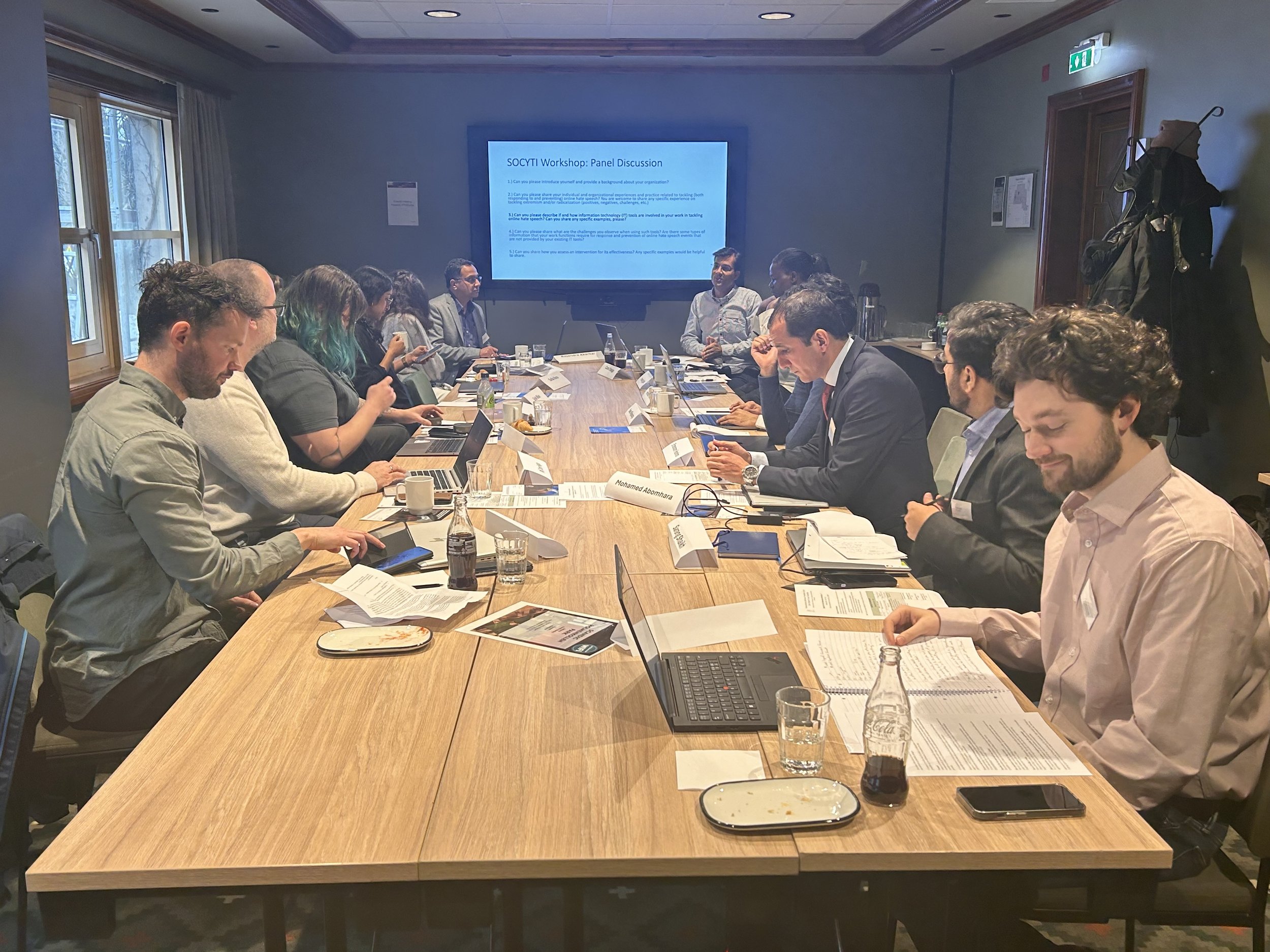Making it Happen Together: A recap of the most recent SOCYTI project workshop
Early last month, researchers from the SOCYTI project - a four-year interdisciplinary and international collaborative effort coordinated by Vestlandsforsking - met in Oslo to discuss issues of technology, language, and ethics with representatives from relevant social institutions.
This event was attended by researchers of various backgrounds including disaster management, machine learning, journalism, and ethics, representing Vestlandsforsking, NLA University in Kristiansand, NTNU, and the US institution George Mason University. Also in attendance were representatives from the Anti-Racist Center, Vestland Immigrant Council, Bergen Mosque, FRI, the Police’s hate crime group, and the polices radicalization coordinator who travelled from across Norway to graciously give their time and expertise to the project. The first day consisted of a workshop, and the following days consisted of project review and future planning sessions held among the researchers.
Transdisciplinary Conversation
A productive first session, facilitated by members of the research team, saw the different community members giving their perspective on the phenomena of hate speech and radicalization, and provided suggestions for the utility of new tool that could prove helpful to them. The research team was interested in understanding how the various organizations conceptualize hate and how exactly they currently try to combat it in their work. Major topics of discussion included the work functions performed by different organizations, their networks and institutional knowledge accumulated over time, and how they interpret the law and their responsibilities.
“We must ensure an artificial intelligence tool with the fewest possible downsides, there must also be transparency in the system, by, for example, that users are made aware of how the system works, and that we help users to interpret and use the results in a good way.”
- Mohamed Abomhara, Researcher, NTNU.
Interactive Testing
The second session of the workshop allowed the research team to share a prototype of a detection tool and gave the community partners the opportunity to test the tool with their own examples. This piloting of the large language model currently in development proved to be an exciting exercise and revealed multiple opportunities for the team to improve upon the tool in the coming months.
“What we have been presented here today is fantastic. If this can catch just five per cent of the worst, it will be of invaluable help to us in our goal of uncovering hate crime online. This applies to criminal cases, but also with regard to radicalization”, says Espen Møller Steen from the Police Unit for National Competence on Hate Crime.
From left: Espen Møller Steen, Pål Tore Haga, Christine Marie Jentoft, Sofia Rana, Nooshin Zaery, Rajendra Akerkar (SOCYTI project manager), Hermant Purohit, Carol Azungi Dralega, Mohamed Abomhara, Sarang Shaik, Dante Della Vella. Photo: SOCYTI
Reflections and Progress
On the second day, the research team convened again to reflect on the conversations from day one and to share their individual progress. These reflections lead to an agreement on the primary end user and on the most critical work functions the project must support. Presentations regarding the progress on an Ethical Impact Assessment, an ontology of Hate Speech, and Community Resilience modelling were shared, and the research team happily took the opportunity to give each other feedback and suggestions to direct their next steps. Already the team has made great progress collecting survey data from community members and modelling hate speech as a disruption to community resilience, laying the groundwork for integrating metrics from that line of research into the project in the coming months.
Planning for the Future
On the third day the team focused on identifying areas of work that required collaboration, means of disseminating research findings, and action items for the coming weeks and months. The primary focus for the immediate future will be split between work related to the training of our data classification system, the development of our hate speech ontology, the integration of community resilience metrics, and writing multiple papers.
“I am very happy that someone is developing something like that. But the tool must be controlled by living people, it must be an aid”
- Sofia Rana, advisor on right wing extremism, Anti-Racist Center.
The SOCYTI project is a four-year interdisciplinary and transdisciplinary research project currently in progress. The goal of the project is to develop new tools that incorporate deep learning and big data technologies to detect hate speech online and to enable proactive efforts to prevent hate from taking hold in society and spreading. Besides, a novel aspect of the project is to develop an understanding of the relationship between community resilience and violence-inducing behaviors, such as online hate speech. The project is set to be completed in 2026. The team is excited about the next year to come and the potential of this project. They would like to give a heartfelt ‘thank you’ to all the community partners for taking the time to meet.

